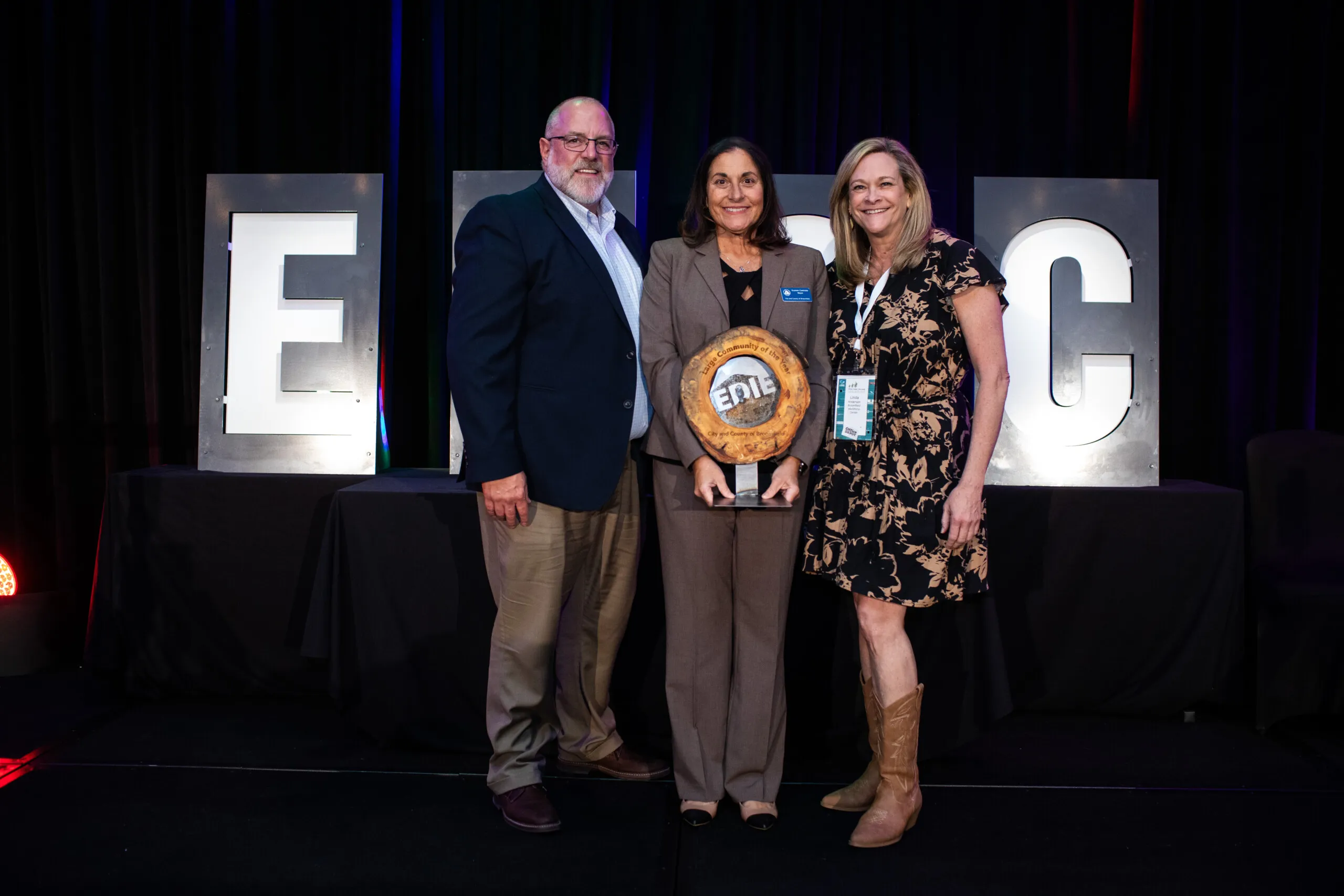May: Working through COVID-19 economic fallout
Only time will tell whether the novel coronavirus (COVID-19) pandemic was actually a huge health crisis or something more akin to a bad flu season. Regardless, state and local government officials are treating it like the former, meaning you’ll need to hustle to keep your company afloat.
There are some things you can do.
The U.S. Small Business Administration’s Economic Injury Disaster Loans offer up to $2 million in assistance for a small business. The SBA is offering states low-interest federal disaster loans for working capital to small businesses suffering substantial economic injury as a result of the coronavirus.
SPONSORED CONTENT
The loans are available to small businesses and private, non-profit organizations to help alleviate economic injury caused by the coronavirus.
According to the SBA the “loans may be used to pay fixed debts, payroll, accounts payable and other bills that can’t be paid because of the disaster’s impact. The interest rate is 3.75 percent for small businesses without credit available elsewhere; businesses with credit available elsewhere are not eligible.”
To keep payments low, repayments can be made to a maximum of 30 years with terms determined on a case-by-case basis.
The eligibility criteria for this kind of loan is much more relaxed than for conventional loans, so don’t assume you are not eligible.
To apply, go to https://disasterloan.sba.gov/ela. The system is overloaded so you’ll need to be persistent. Remember to save every page by clicking save at the bottom and make sure to indicate this is COVID-19 related. Also remember to save your password or you will have to start all over.
For guidance on how to do this correctly, contact the Small Business Development Center in your area.
This will be resolved by the time you read this, but as I write at deadline the Congress is finalizing a $2 trillion coronavirus stimulus bill. Roughly, it will be divided up this way: $130 billion for hospitals, $150 billion for state and local governments, $350 billion for small businesses, some amount for unemployment insurance, and $1,200 for adults and $500 per child.
Some of the area communities have put small business relief funds in place. They are not large but worth at least exploring by checking with your local government.
A few others to consider:
• Focus on what you can control. Assess the situation and develop a set of options and actions. It’s very easy to get distracted by stuff you cannot control.
• Touch base with your lender. They do not want you to fail and take a big loss. You will hear flexibility and forbearance from most of them and a willingness to work through options.
• Touch base with your landlord. Same thing as with lenders.
• Document what is happening financially to your business or nonprofit. This will be very important when the monies start to flow as explained above. You’ll need to be able to explain how this crisis has financially damaged your business.
• Keep perspective and keep your faith that things will get better. They always have. From a column by Jason Zweig in the March 24, 2020, edition of the Wall Street Journal: “Rather than try to figure out exactly how bad this crisis will be, look at the broader set of historical precedents. Since 1929, the S&P 500 has suffered 14 bear markets, defined by S&P Dow Jones Indices as losses of at least 20 percent. The shortest and shallowest was the 20 percent drop that lasted less than three months in late 1990. The deepest was the 86.2 percent collapse from September 1929 to June 1932; the longest, the 60 percent plunge from March 1937 to April 1942. On average, bear markets lasted 19 months and dealt a 39 percent loss.”
As the saying goes “The only way out is through.” Nothing else we can do at the moment.
David May is the president and CEO of the Fort Collins Area Chamber of Commerce. Reach him at dmay@fcchamber.org.
Only time will tell whether the novel coronavirus (COVID-19) pandemic was actually a huge health crisis or something more akin to a bad flu season. Regardless, state and local government officials are treating it like the former, meaning you’ll need to hustle to keep your company afloat.
There are some things you can do.
The U.S. Small Business Administration’s Economic Injury Disaster Loans offer up to $2 million in assistance for a small business. The SBA is offering states low-interest federal disaster loans for working capital to small businesses suffering substantial economic injury as a result of…




